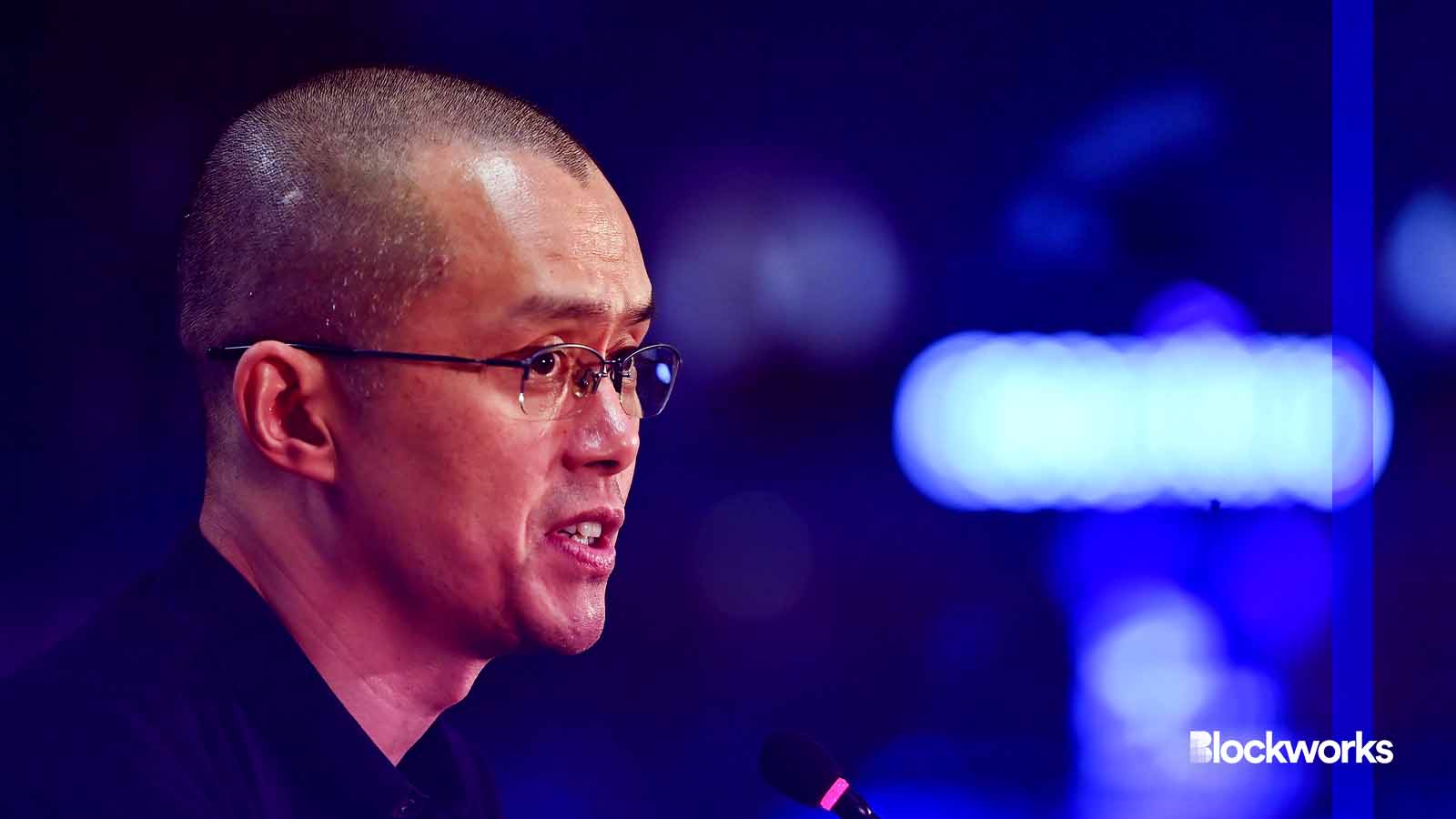DOJ alleges AML, sanctions violations against Binance, CEO Changpeng Zhao in unsealed indictment
The indictment followed leaks Monday that a Binance settlement deal was forthcoming

Changpeng Zhao | "Changpeng Zhao"/Web Summit (CC license)
The US Department of Justice unsealed its indictment against Binance on Tuesday.
The indictment, originally filed on Nov. 14, was filed in the Western district of Washington.
The US accused Binance and Binance CEO Changpeng Zhao of violating the Bank Secrecy Act, alleging that the violations go back as far as 2017. The indictment was unsealed ahead of an expected settlement announcement to be led by the DOJ.
A press conference is scheduled for 3 pm ET.
The world’s largest crypto exchange also failed to “maintain an effective” anti-money laundering program and knowingly violated economic sanctions.
The indictment names both Binance and Zhao, and it also alludes to “Individuals 1 and 2,” though it does not detail who the individuals are.
“The United States has reached plea agreements with Zhao and Binance,” a follow-up document in the court docket said. “These agreements were negotiated in tandem and are designed to address complex questions about future monitoring and compliance, as well as the ongoing roles of Binance and Zhao in the cryptocurrency industry.”
“The purpose of the conspiracy was to allow Binance to operate as a virtual currency exchange and gain market share and profit as quickly as possible,” the DOJ alleges. “Defendants chose not to comply with US legal and regulatory requirements because it determined that doing so would limit its ability to attract and maintain US users.”
The defendants then knowingly “concealed Binance’s avoidance and noncompliance.”
On Monday, Blockworks reported that the DOJ was seeking to let Binance maintain its operations, effectively preventing another FTX-like collapse that would shake the crypto world.
The Wall Street Journal reported Tuesday that Zhao plans to step down as CEO and will plead guilty to anti-money laundering violations.
The Justice Department, alongside the CFTC and the Treasury Department, will host a press conference Tuesday afternoon to discuss “significant” crypto enforcement actions.
This is a developing story.
Get the news in your inbox. Explore Blockworks newsletters:
- The Breakdown: Decoding crypto and the markets. Daily.
- 0xResearch: Alpha in your inbox. Think like an analyst.






